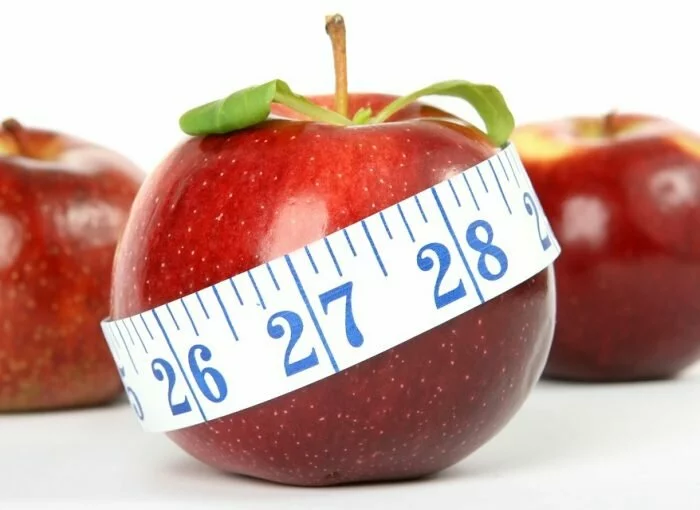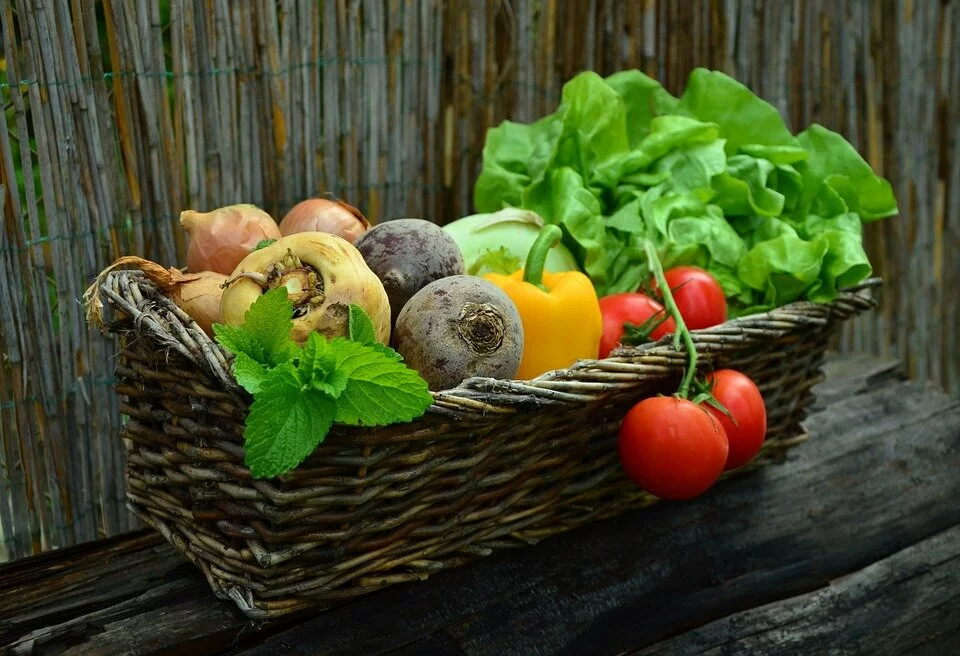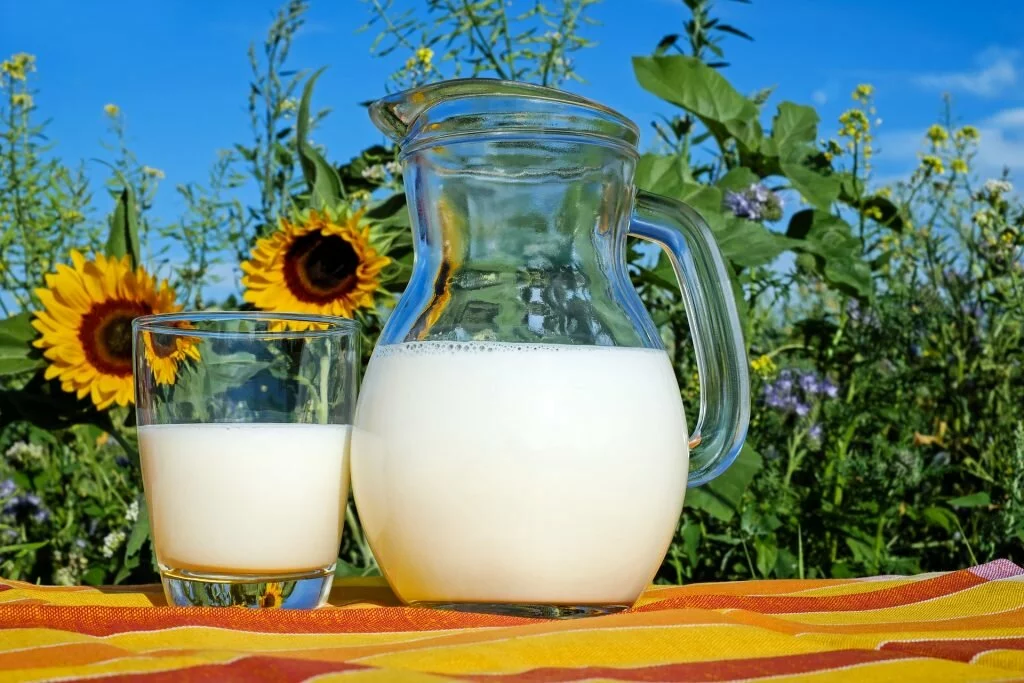Diet is the key to manage your PCOS symptoms. PCOS is not curable but it is manageable. Absolutely! 80% of success is a well-balanced diet. The remaining 20% that is regular exercise and about 10% diet supplements. PCOS diet: what to eat and what to avoid. It is important to be aware that there is no one PCOS diet that would work for every PCOS woman. Your diet should be individually consulted and your blood test results should be taken into account when preparing a diet plan.
However, there are some general rules that every PCOS could follow to lose weight and live a happy life despite having PCOS. Here is the ‘do’s and don’ts’ list:
Eat low glycemic index and low glycemic load food
This is lesson number one. Learn what glycemic index and glycemic load are, why they are so important and prepare your meals so that the glycemic load of your ingredients and the glycemic index of your meals is low, i.e. the level of insulin in your blood stream after a meal does not increase rapidly. I wrote a separate post on this topic here. Vegetables are best friends of PCOS women, especially leafy (green) ones. They contain loads of vitamins that are reasonable for sugar and fat metabolism (e.g. iron, magnesium, potassium, vitamin B and others) to help you to manage your PCOS symptoms.
AVOID wheat (and gluten)
Wheat is not healthy, in general, but for PCOS women its consumption causes even more problems. Wheat is a common food allergen, causing digestive, immune-related, and weight problems. Wheat and gluten are said to be appetite stimulant.
Moreover, wheat contains a starch called amylopectin A, which is quickly converted to blood sugar. This leads to a fast, and high rise in blood sugar and insulin, something PCOS women should avoid. If you are a bread eater and cannot live without it, try to replace wheat with, for instant, spelt flour. Spelt bread is yummy and much healthier for you than traditional wheat bread. You can find a simple spelt bread recipe here.
Eat regularly 5 times per day
It is important to eat small portions regularly, preferably at the same time of a day. What we want to achieve is to prevent a rapid increase of insulin. Easting small portions of low glycemic load food regularly would prevent that. I was experimenting for a while in terms of when I should have my meals. The best formula for me is the following one:
Meal I at 7am, Meal II at 10.30am, Meal III at 2pm, Meal IV at 5.30pm, Meal V at 9pm (no, it is not too late for me as I go to best at 1am).
Cut down sugar
High level of insulin in blood stream stimulates production of androgens. Therefore, we should swap sugar for its healthier alternatives such as stevia or xylitol, if you really cannot live without sugar.
Sometimes PCOS women are not sure whether they should eat honey or not. The answer is simply ‘No’. No matter whether organic, raw or Manuka, honey has a high glycemic index and high glycemic load and should be eliminated form our diet.
AVOID processed food and food high in saturated fats
Fast foods, pizza, burgers and the whole list of junk food so easily available today should be avoided. Trans and hydrogenated fats increase the risk of heart diseases and diabetes. PCOS are already more likely to develop
Steam cooking or oven baking instead of frying is advisable. Use (a small amount of) ghee butter when frying instead of margarine. These simple changes will make a difference to your heart.
No soy products or grain legumes?
PCOS is the most common cause of ovulatory infertility and it is believed that oestrogen dominance, is part of the reason. In other words, lack of ovulation results in continuous high levels of oestrogen and insufficient progesterone. Soy and grain legume contain phytoestrogens which work in a similar way to oestrogens.
If you are planning to set a family you might want to think about reducing the amount of soy products and grain legumes and they might decrease your fertility and make it more difficult to conceive. Nevertheless, we still need some more research about the impact of phytoestrogens on women’s fertility. The summary of the latest research and be found here and here.
No dairy?
Should PCOS women eat dairy products or should they be avoided? There is no definitive answer to this question. Some research have indicated that eating dairy (milk products) negatively affects PCOS women as they contain IGF-1 which causes a rapid insulin increase in the blood stream. A high level of IGF-1 causes acne and skin problems among adult women. However, other researchers have argued that there is no direct link between IGF-1 and the level of insulin in the blood stream.
To sum up, it all depends on who conducted the research, for whom, who paid for the research and how the study participants were sampled. What we know for sure is that we need more research to be able to assess whether PCOS women should or should not eat dairy.
Should YOU eat dairy?
The best thing would be to eliminate (completely) dairy for 1-2 months. Replace (cow) milk with coconut or almond milk (but NOT with soya milk!), do not eat cheese or yoghurt and observe your body. If you skin problems disappear, you might want to eliminate (or at least reduce) consumption of dairy products.
I know that diary is not good for me. I stopped drinking milk ages ago but I was addicted to eating cheese (goat cheese is/was my favourite) and yoghurt so it was hard for me to adopt new cooking and eating habits. But it is possible. Vegan cheese or vegan yoghurt does not taste as bad as I had thought. It is just about changing the perception of vegan alternatives and start exploring new tastes.
Fruit
Yes, fruit is allowed but in small portions and only those which have a low glycemic load. However, fruit usually contains high amount of sugar and, therefore, they should be consumed together with products high in fibre (e.g. oat brans) or with some (good) fats (e.g. pumpkin or sunflower seeds).
Good carbs and fats are important
Not all the carbs are bad for PCOS. Simple carbohydrates should be eliminated from your diet and comples carbs that slowly increase the level of insulin should be included. If we cannot resist and would love to eat simple carbs, they should be eaten together with vegetables rich in fibre and water. Fibre regulates digestion of glucose so the level of insulin should not increase rapidly.
Nuts , pumpkin seeds, sunflower seeds, avocado and all products rich in Omega 3 fats are beneficial to PCOS women. They are both healthy and delicious.
Reduce the amount of meat in your diet
Ideally to 2-3 portions per week. Poultry is preferable to red meat. Buy high-quality, organic, pasture-fed meat as it contains less hormones. You need to manage your own hormones – that is already hard work to do! What is important to remember is that meat should be eaten together with loads of vegetables high in fiber and some good fats.
Drink lots of water and reduce salt
PCOS women usually have high level of oestrogens and androgens that ‘block’ the water in our body. It gives a feeling of being blown up. The food we consume should help us to reveal this water. Eating salty dishes, snacks or deep-fried food would have a contrary effect.






What do you think about keto diet? Is it a good one for pcos women?